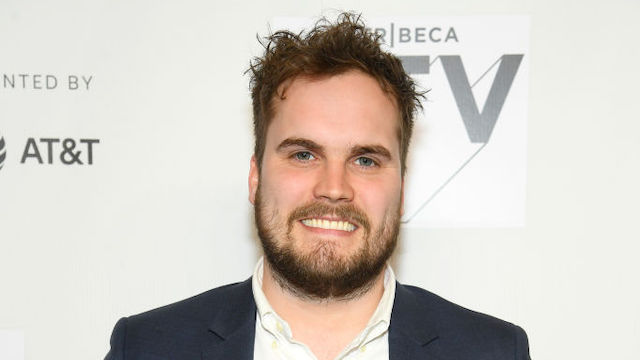The Holy Game is the latest documentary film from director Brent Hodge (I Am Chris Farley, Freaks and Geeks: The Documentary) and Hodgee Films. The documentary launches on CRAVE today in Canada, and is being launched by Gravitas in the U.S. and worldwide for Digital and Cable on Demand Release on…

This is just an article test. #1





